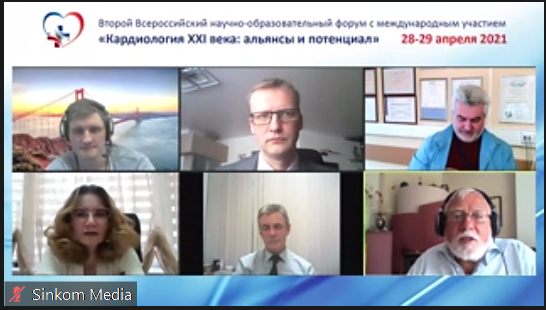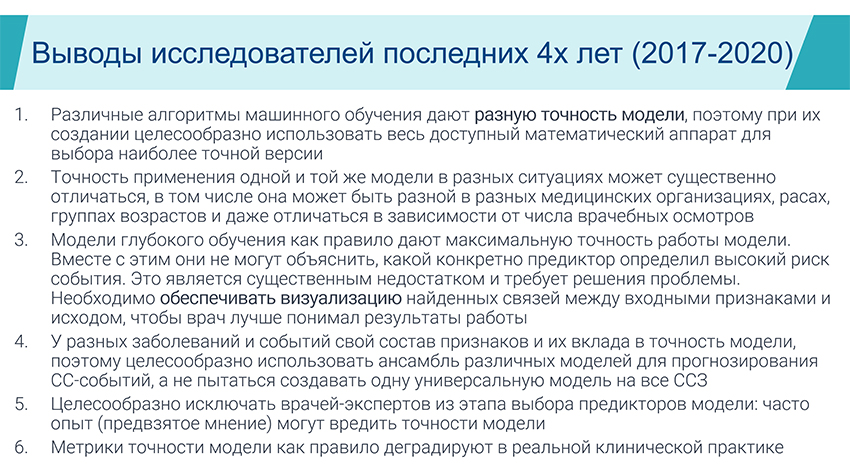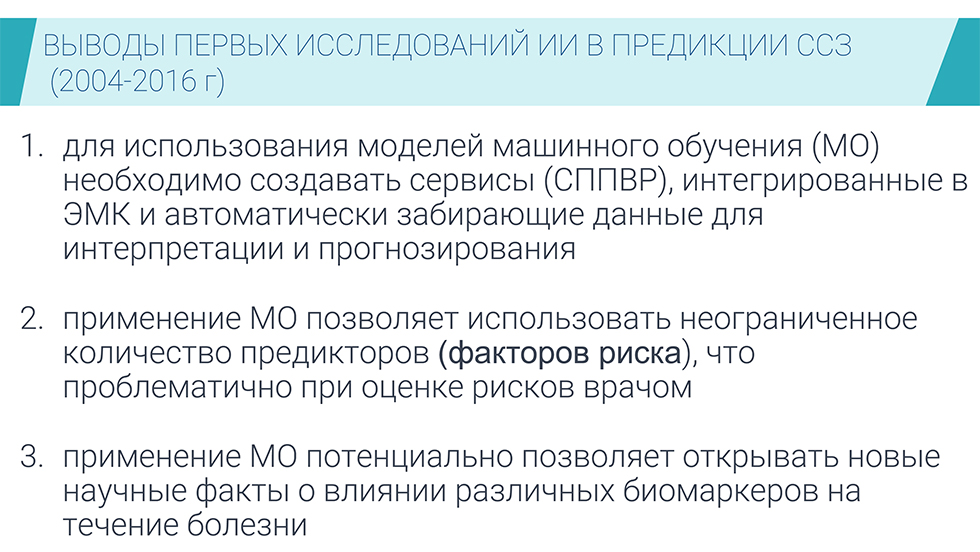
Cardiology of the XXI century: Alliances and Potential national academic forum with international involvement was held on April 28-29, 2021 in videoconference format. The forum was timed to coincide with the 40th anniversary of the Research Institute of Cardiology of the Tomsk National Research Medical Center of the Russian Academy of Sciences.
The leading Russian and foreign scientists, the leaders of scientific thematic areas participate in the forum annually.
The purpose of the event was to exchange advanced scientific knowledge and practical experience in the field of prevention, diagnosis, therapeutic and surgical treatment of a wide range of diseases of the cardiovascular system, as well as rehabilitation of patients with cardiovascular diseases.
Within the framework of the Forum, the following events took place:
- XII Clinical Electrophysiology and Interventional Arrhythmology Research and Practice Conference with international involvement
- X Actual Problems of Pediatric Cardiology and Cardiac Surgery National School and Workshop
- XX Actual Issues of Experimental and Clinical Сardiology Scientific and Practical Workshop for young scientists
Within the framework of the forum, several symposia were held on digital transformation both in medicine in general and in cardiology.

At the Digital Technologies for the Formation of Medical Competencies symposium, the latest digital technologies that are used in the process of training and accreditation of doctors and were discussed, and the software developments of Tomsk scientists were presented. Artificial intelligence technologies and big data were the second focal point of the symposium.
Engelbrecht Rolf (Germany) spoke about big data and its great in the healthcare sector. Vrazhnov D.A. and his co-authors (Novosibirsk) shared their experience and demonstrated the work of a machine learning algorithm in the identification of CVD predictors.
Our team was represented by Denis Gavrilov, the Chief Medical Officer of the WebioMed project.
In his speech, Denis spoke about the possibilities, prospects, and challenges of using machine learning algorithms in predicting CVD events, based on the analysis of global publications over the past 7 years on this topic.
The main findings are presented in the slides below:


Site of the conference: https://med.studio/event/kardiologia-xxi-veka-alansy-i-potencial